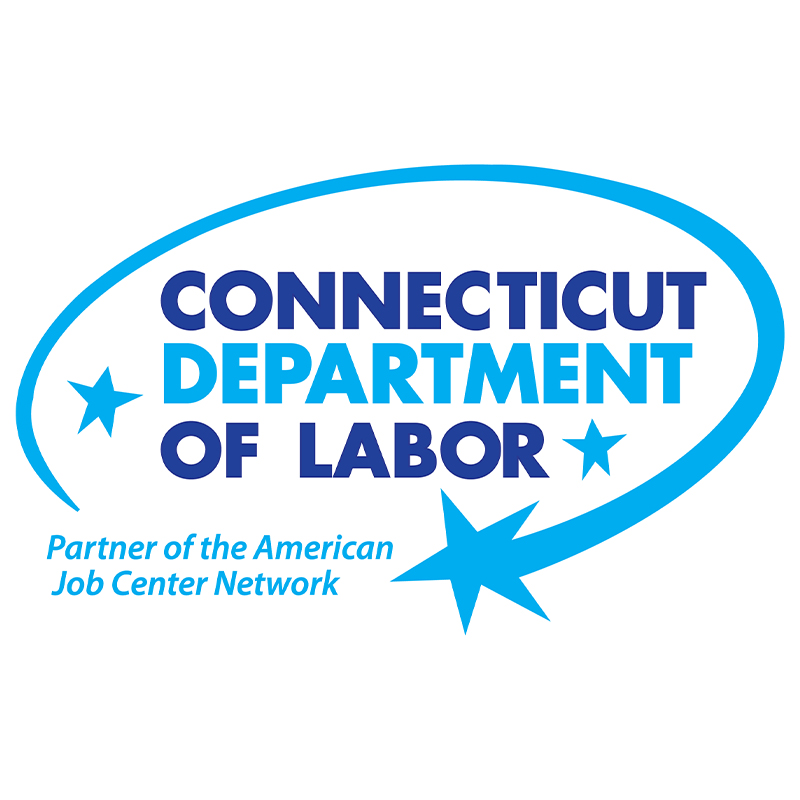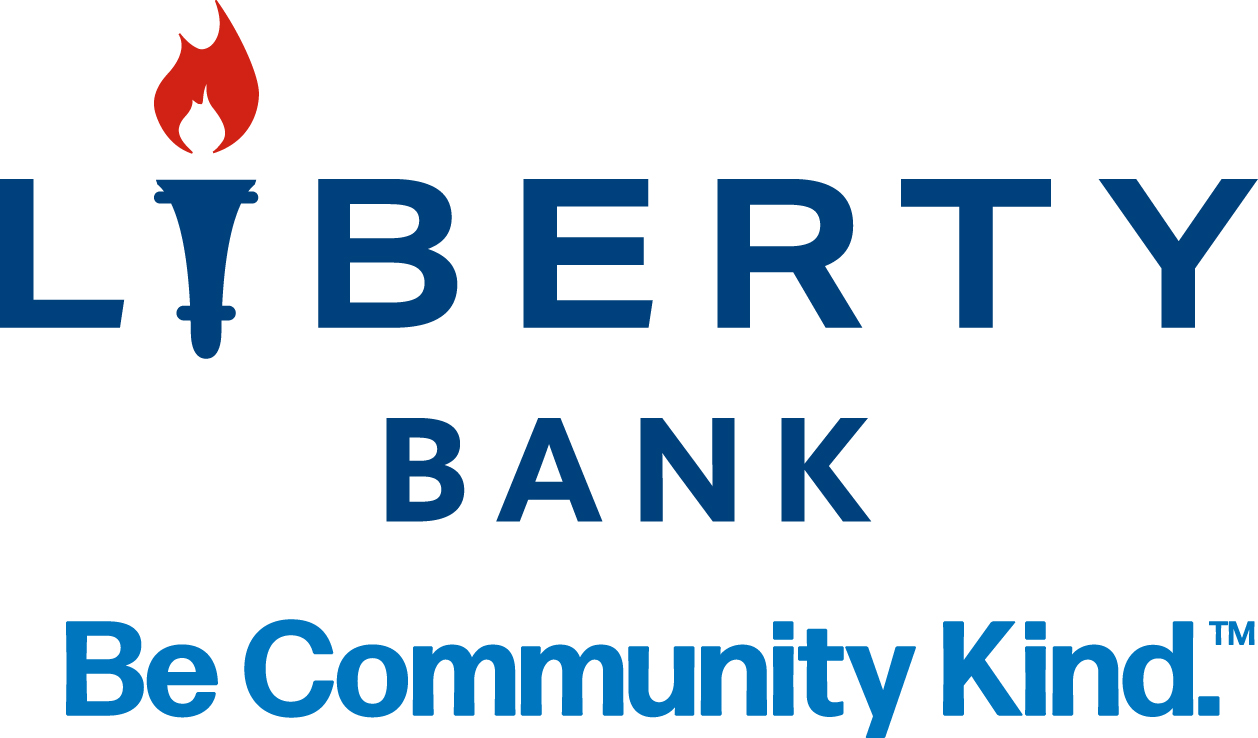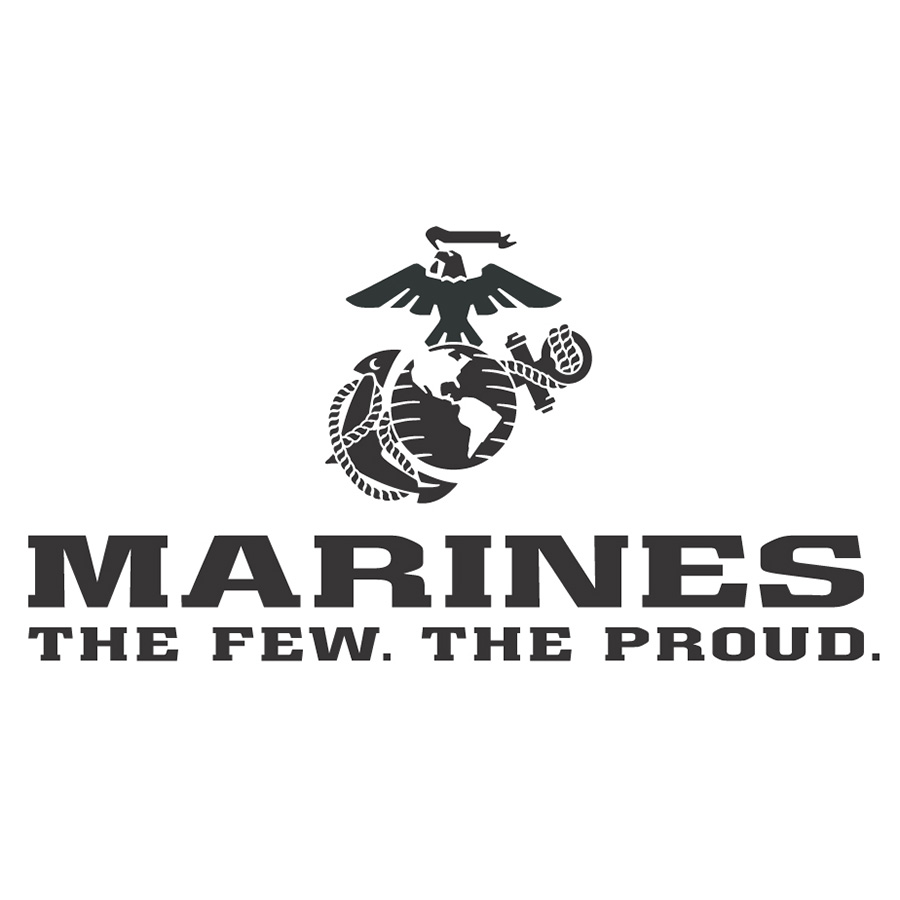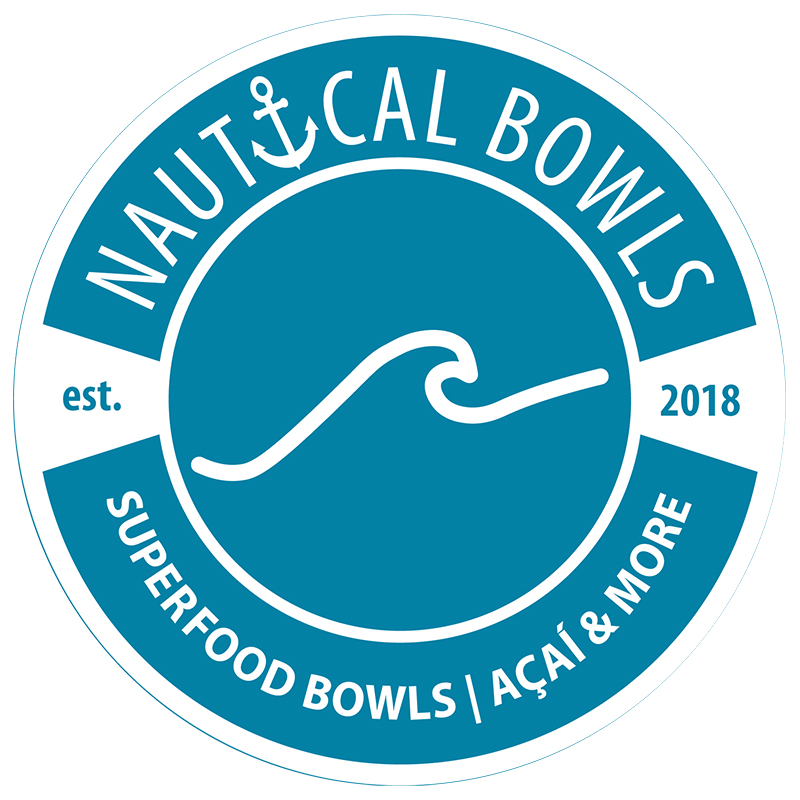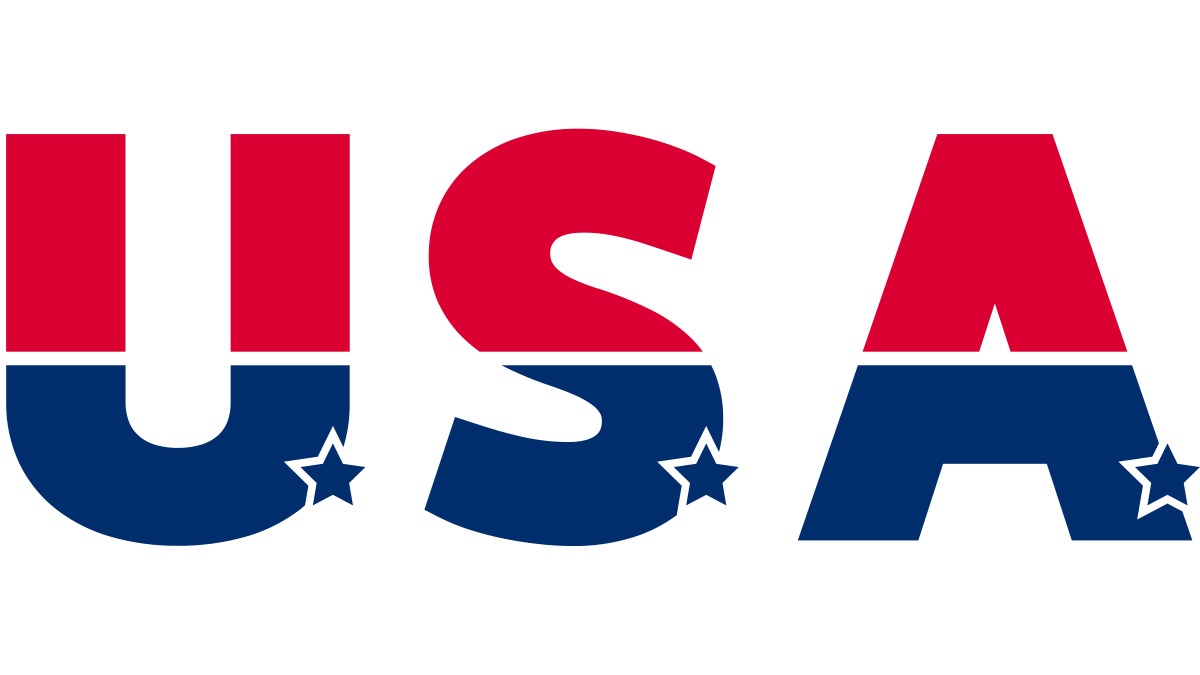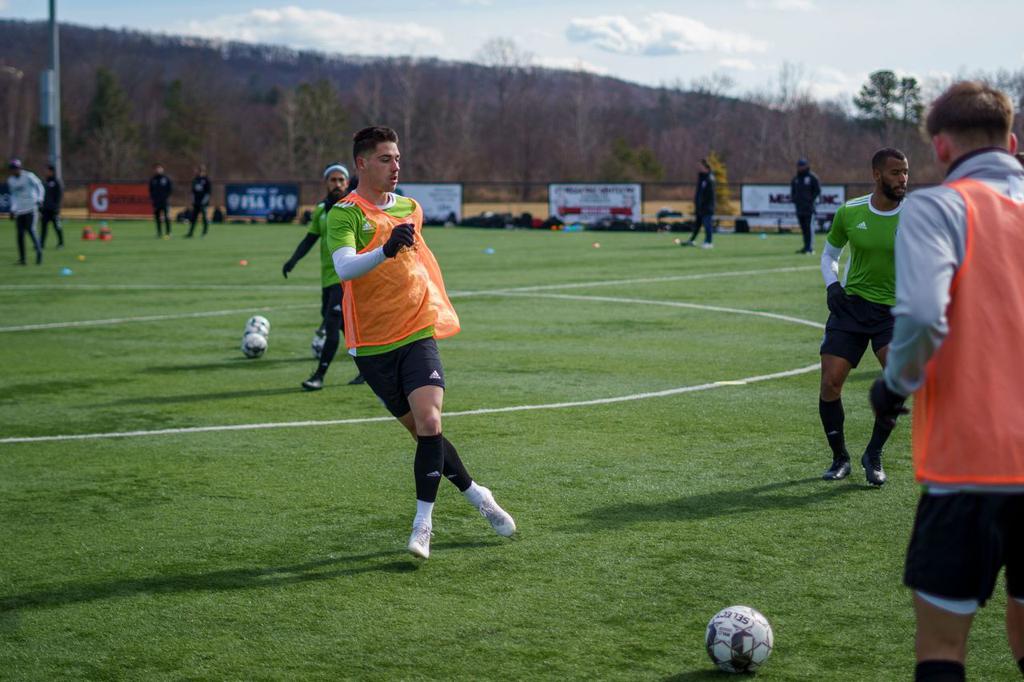
This edition of 20 Questions is brought to you by our partners at New England Airfoil Products (NEAP).
Welcome back to 20 Questions: the series where we help you better get to know the players on this year's squad. For previous interviews in this series, we went behind the scenes with Danny Barrera, Mads Jørgensen, Alex Davey, Noah Paravicini, Aiden Mesias, Mac Steeves, Kevin Politz, Gabriel Torres, Cheno, Harry Swartz and Alex Dixon. In this edition, we caught up with Arthur Rogers who took a rather non-traditional path to get to Hartford. Enjoy!
1) When did you realize you wanted to be a professional footballer?
AR: That would’ve been around age 3 or 4, just when I was able to start walking around and kicking a ball properly and little things like watching football on Saturday morning with family. It was just instilled in me, in a sense, because back home that's like everyone’s goal in a way.
2) Who was your favorite team growing up?
AR: Manchester United. They still are to this day.
3) Who was your favorite player?
AR: Rooney, and obviously Ronaldo when he was there. That was when I was growing up. But Rooney, he was there for such a long time that he was obviously the main guy.
4) I think that gives me an answer to a question that we've asked everybody so far, Messi or Ronaldo?
AR: (laughs) Yeah, Ronaldo. Obviously Messi, he's got so much talent but the way I put it across to people, because this is a big argument, is if I had to win one game to save my life and I could only pick one of them, I would always pick Ronaldo. I just think he has that winner's mentality. He would do anything and push his team to that next level. I just think he's a born winner, honestly.
5) Many of your fellow Englishman on the squad have Academy backgrounds. What can you tell us about your youth soccer experience?
AR: Mine’s actually a bit different. Growing up, I was never in academies for prolonged periods of time, I had trials with many different academies such as QPR, Brentford, Watford, and Fulham. I was always there for a little bit but it never lasted. So I was always with semi-pro teams, if that makes sense, their youth teams and then I actually played Futsal. I started playing that when I was sixteen or so. Within the first year I was able to make it on the English U-19 squad, and then the year after that, I got called up to the U-23 International squad. During that year, I actually made my full England international debut against Estonia and then traveled with the squad to Israel where we qualified for the World Cup main round against Denmark, Israel and Wales. So it's a very different route. Not that many guys have taken that same route to get here, but for me, luckily, it all worked out.
6) What inspired you to start playing futsal?
AR: So back home, you’ve got teams that play on Saturday which is considered a more serious level. And then you can play on a Sunday league team as well. My Sunday league team was a very good team. We would always go to different tournaments, like the Gothia Cup in Sweden which has teams like Everton and other top academies. This was a very good Sunday league team and our coach was a really smart guy, and he believed that if we got into futsal, it would help develop us more. So he took us as a team for this training session, to see how we liked it. After that training session, he said, ‘Come play for my team and within the next year you'll play for England,’ and then obviously it actually happened.
7) All right, so you do all that, and then you end up at Kentucky Wesleyan. How on earth did that happen?
AR: So at around age 16, I decided I am going to go to America for college and obviously play football at the same time. So having that in my mind, I'd already started working towards that process. I was working with a company that promoted you if you gave them some film. So, for example, my 17, 18, and even 19 years, I only played futsal really, because if I was to have played anything other than Sunday league football where I was getting paid properly, I wouldn't have been eligible to play in college. So the futsal actually worked well with that because I was in theory training full time as a professional futsal player. Anyway, the promotion company they promoted me to come here and the Kentucky school offered me a decent deal and I just took it and it was great, great year, good learning experience.
8) Why was getting a college education so important to you?
AR: I’m a first generation graduate, my parents don't have degrees. So I'm the first one and that was something that I always wanted to say I've got. It would make my mom happy which obviously means a lot to me. So, I knew that the only way for me to continue playing alongside getting my degree was to come over here, because back home even though I did have opportunities to do that, my options were go play on a good team and get a lesser degree, or get a good degree and play lesser football, whereas here I was given that opportunity to do both.
9) Why Kentucky Wesleyan?
AR: To be honest, I didn't know much about college. I think the only University I knew was UCLA. I didn’t understand the difference between division one, division two, three, NAIA, anything. I was kind of in the blind and I put my sole trust in this company that was promoting me. One of my teammates on my futsal team went to Duke University and Rollins college. Obviously Duke is this massive school and Rollins was one of the top D3 schools in the nation. And at the time I didn't take it seriously enough, obviously, because I was just like, ‘oh this company is going to do it all right.’ So I essentially didn't put in the effort to go to somewhere like Duke, for example, just because I didn't know. Obviously being in college and having done it now, I know how big a deal that would have been to play at Duke or somewhere like it. But yeah, so I didn't actually know, I just got my offers, looked at what was the best offer for my mom financially and took it. The way I saw it was wherever I go, I'm gonna go do well in football, I just need somewhere where my mom is going to be able to pay whatever they asking. If they give me a full ride, that’d be brilliant and if not then hopefully a little bit.
10) How much of a culture shock was there going from England to Kentucky?
AR: Yeah, it was a big change but it was actually really nice. The people there, I can't praise them enough. It was a very tough time, I was a freshman so it was my first time leaving home, but the traveling was very expensive so I didn't go home for Christmas. I actually didn’t go home my first year and a half here. I was lucky enough to have a host family. They took me in and they really looked after me. They made me feel so welcome and having that helped me a lot because you do need that when you're leaving home at a young age, you need that sense of familiarity and someone looking out for you and your best interest so I was very lucky in that sense to find that
11) Somewhere in that year and a half, you'd made the decision to transfer to UT-Rio Grande Valley. What led to that decision?
AR: It was purely football motivated. In Kentucky I loved the people, they were amazing, amazing people. Football did go well for me, I got a few accolades and did well as a freshman, but speaking with people and hearing the stories and just getting advice, they made me lean toward believing that if I really want to push to become professional over here, playing at the Division One level is an important deal. Obviously it's still possible to play Division Two and turn professional, I have friends who have, but for me, I thought the best way to give myself an opportunity to turn professional would be to get to the Division One level. Now, I actually was considering doing two years at my school in Kentucky and then transferring to Division One because I had a friend who did a similar thing, but I just felt that I wanted to get my foot in the door as early as possible. That was actually a really scary process because you tell your coach in the spring, I went and told him, 'Coach I really want to transfer, I just think it’s best for my future,' and thanked him for the opportunity he’d given me, but you're put in a position then where you're risking everything because if you go and try and find a new team and don't get one, then you lose everything basically. So I spoke with my mom about that a lot and we just agreed that we have to try and if it doesn't work then, worst case, you come home and we go from there, but luckily all it all worked out and I found UT-RGV.
12) What was it that made you choose UT-RGV?
AR: There were a lot of factors. When I joined UT-RGV that was going to be their third year as a program I believe so they were very new. But the trend was the first year they only had three wins. The next year they had six wins and so for me, I looked at it as they were definitely progressing in the right direction. As I mentioned before, my first year choice was based solely to help my mom get the best available opportunity financially, whereas, I’d been and done a year, my mindset changed a bit. Now, for me it was, I need to find the best football available, obviously within reason to a point where we can still actually afford to pay for whatever the school is going to be. So looking at the two, I felt that football wise UT-RGV was going to be the best opportunity for me to showcase myself. And even then, I took a risk doing that because I transferred really late in May and that meant that there wasn't as much money available for my scholarship. So the offer that I was given, my mom and I knew we wouldn't be able to pay that for three years. But we were banking on the fact that I would do well and then the scholarship would increase. Luckily it did, and I thank my coach so much for that because he helped me out a lot of times. There were times when I thought, we can't afford this anymore.
13) What's your favorite thing you've eaten in America?
AR: Wow. That's a tough question. We went somewhere which I really enjoyed – Benihana – where they cook the food in front of you. I really enjoyed that. I went there with my girlfriend and her family and I really enjoyed that. That was lovely and obviously the showmanship adds to it as well.
14) You had long hair when you first arrived here and now you have a buzzcut. Why did you cut all that hair off?
AR: So I decided I wasn’t gonna cut my hair until I signed a professional contract. Then I did and that was in December I believe when I signed. It reached such a point that it had been around a year now and it was so close to being able to tie up. I was like I'm gonna keep it. I'm just gonna just see how far I can do this. Then, there was one day in preseason, we were doing a header drill – and I'll say Coach Jaïdi is amazing, he demands so much of us – and the hair was literally getting in the way of what I was doing. I said to myself, okay, that's it, it's done. The next day, it was all gone.
15) What can you tell us about Coach Jaïdi’s coaching style?
AR: I think Coach is a really, really, really high level coach. To me personally, I’ve only been working with him five months or so now, but I would still say he's the best coach I've worked under. Not discrediting any other coaches, it’s just that he's so good in my opinion. I think he's very detail oriented and he definitely demands the best from all of us. That's so important if you want to have a winning team, you can't ever have anyone dragging the ship down and he doesn't allow that. He keeps us all playing to the best of our ability, working to the best of our ability.
16) If you could talk to animals, what would be the first question you'd ask?
AR: The first thing that popped into my head is why do dogs sniff each other? I don’t know if I can say that. But I’d love to talk to my childhood dog. It’d be amazing if we could talk to dogs.
17) What has training been like since you’ve been back?
AR: I mean, considering all the protocols and regulations and guidelines we have to follow, they've been amazing and so intense. We've been given a short timeframe to get back into the season with our fitness etc. Everyone's working really hard, you're pushing yourself, because we're not tackling or things like that. It’s more running on your own, doing different movement patterns, different drills, etc. They've been such high intensity and it’s been really good considering how hard it must be to think of things to do with the crazy protocols.
18) Who went back to practice with the worst hair?
AR: Well, Gabby actually gave himself a haircut the other day and he just put the most awful line in his own head, the poor guy, but that was him actually trying to fix what it was before. To be fair, a lot of the guys buzz their hair, similar to how I did, or were lucky enough to find a barber. The only person I know that I don't think cut it yet was Kevin Politz. Sorry Kev, throwin’ him under the bus.
19) Your time in Hartford has been a little unorthodox so far, you were here for a couple of months and you got to see a little bit, and then you were kind of stuck at home for a while. How are you enjoying Connecticut so far?
AR: I really like it. We're in West Hartford which seems to be a really lovely area. People seem to be really nice and engaging with fans for example we have Blue Back Square near our house and we'll just be walking, going to get coffee or something and fans would stop us and ask us how things are going. Yeah generally everyone's really pleasant, really nice so really enjoying it, to be honest. We have a little coffee shop, Cafe Sofia, that's our little spot. If we're going to go get coffee we'll have a little walk down to town and go there. The workers in there are really lovely.
20) Would you rather play football in extremely hot weather or extremely cold weather?
AR: That's a good question. I've done both and I think that the hot is better than the cold. I've played when it's pouring with hail and when the hail would hit in the inner part of your thigh, it is really painful. For example, if the ball hits you in your back or your leg, or your face, that hurts a lot compared to the sun and the heat. Of course, it can be really unbearable sometimes but everyone's in that equal unbearable, tough to breathe kind of environment and it comes down to more conditioning whereas like the cold is just pure pain.
This edition of 20 Questions is brought to you by our partners at New England Airfoil Products (NEAP).
Welcome back to 20 Questions: the series where we help you better get to know the players on this year’s squad. For previous interviews in this series, we went behind the scenes with Danny Barrera, Mads Jørgensen, Alex Davey, Noah Paravicini, Aiden Mesias, Mac Steeves, Kevin Politz, Gabriel Torres, Cheno, Harry Swartz and Alex Dixon. In this edition, we caught up with Arthur Rogers who took a rather non-traditional path to get to Hartford. Enjoy!
1) When did you realize you wanted to be a professional footballer?
AR: That would’ve been around age 3 or 4, just when I was able to start walking around and kicking a ball properly and little things like watching football on Saturday morning with family. It was just instilled in me, in a sense, because back home that’s like everyone’s goal in a way.
2) Who was your favorite team growing up?
AR: Manchester United. They still are to this day.
3) Who was your favorite player?
AR: Rooney, and obviously Ronaldo when he was there. That was when I was growing up. But Rooney, he was there for such a long time that he was obviously the main guy.
4) I think that gives me an answer to a question that we’ve asked everybody so far, Messi or Ronaldo?
AR: (laughs) Yeah, Ronaldo. Obviously Messi, he’s got so much talent but the way I put it across to people, because this is a big argument, is if I had to win one game to save my life and I could only pick one of them, I would always pick Ronaldo. I just think he has that winner’s mentality. He would do anything and push his team to that next level. I just think he’s a born winner, honestly.
5) Many of your fellow Englishman on the squad have Academy backgrounds. What can you tell us about your youth soccer experience?
AR: Mine’s actually a bit different. Growing up, I was never in academies for prolonged periods of time, I had trials with many different academies such as QPR, Brentford, Watford, and Fulham. I was always there for a little bit but it never lasted. So I was always with semi-pro teams, if that makes sense, their youth teams and then I actually played Futsal. I started playing that when I was sixteen or so. Within the first year I was able to make it on the English U-19 squad, and then the year after that, I got called up to the U-23 International squad. During that year, I actually made my full England international debut against Estonia and then traveled with the squad to Israel where we qualified for the World Cup main round against Denmark, Israel and Wales. So it’s a very different route. Not that many guys have taken that same route to get here, but for me, luckily, it all worked out.
6) What inspired you to start playing futsal?
AR: So back home, you’ve got teams that play on Saturday which is considered a more serious level. And then you can play on a Sunday league team as well. My Sunday league team was a very good team. We would always go to different tournaments, like the Gothia Cup in Sweden which has teams like Everton and other top academies. This was a very good Sunday league team and our coach was a really smart guy, and he believed that if we got into futsal, it would help develop us more. So he took us as a team for this training session, to see how we liked it. After that training session, he said, ‘Come play for my team and within the next year you’ll play for England,’ and then obviously it actually happened.
7) All right, so you do all that, and then you end up at Kentucky Wesleyan. How on earth did that happen?
AR: So at around age 16, I decided I am going to go to America for college and obviously play football at the same time. So having that in my mind, I’d already started working towards that process. I was working with a company that promoted you if you gave them some film. So, for example, my 17, 18, and even 19 years, I only played futsal really, because if I was to have played anything other than Sunday league football where I was getting paid properly, I wouldn’t have been eligible to play in college. So the futsal actually worked well with that because I was in theory training full time as a professional futsal player. Anyway, the promotion company they promoted me to come here and the Kentucky school offered me a decent deal and I just took it and it was great, great year, good learning experience.
8) Why was getting a college education so important to you?
AR: I’m a first generation graduate, my parents don’t have degrees. So I’m the first one and that was something that I always wanted to say I’ve got. It would make my mom happy which obviously means a lot to me. So, I knew that the only way for me to continue playing alongside getting my degree was to come over here, because back home even though I did have opportunities to do that, my options were go play on a good team and get a lesser degree, or get a good degree and play lesser football, whereas here I was given that opportunity to do both.
9) Why Kentucky Wesleyan?
AR: To be honest, I didn’t know much about college. I think the only University I knew was UCLA. I didn’t understand the difference between division one, division two, three, NAIA, anything. I was kind of in the blind and I put my sole trust in this company that was promoting me. One of my teammates on my futsal team went to Duke University and Rollins college. Obviously Duke is this massive school and Rollins was one of the top D3 schools in the nation. And at the time I didn’t take it seriously enough, obviously, because I was just like, ‘oh this company is going to do it all right.’ So I essentially didn’t put in the effort to go to somewhere like Duke, for example, just because I didn’t know. Obviously being in college and having done it now, I know how big a deal that would have been to play at Duke or somewhere like it. But yeah, so I didn’t actually know, I just got my offers, looked at what was the best offer for my mom financially and took it. The way I saw it was wherever I go, I’m gonna go do well in football, I just need somewhere where my mom is going to be able to pay whatever they asking. If they give me a full ride, that’d be brilliant and if not then hopefully a little bit.
10) How much of a culture shock was there going from England to Kentucky?
AR: Yeah, it was a big change but it was actually really nice. The people there, I can’t praise them enough. It was a very tough time, I was a freshman so it was my first time leaving home, but the traveling was very expensive so I didn’t go home for Christmas. I actually didn’t go home my first year and a half here. I was lucky enough to have a host family. They took me in and they really looked after me. They made me feel so welcome and having that helped me a lot because you do need that when you’re leaving home at a young age, you need that sense of familiarity and someone looking out for you and your best interest so I was very lucky in that sense to find that
11) Somewhere in that year and a half, you’d made the decision to transfer to UT-Rio Grande Valley. What led to that decision?
AR: It was purely football motivated. In Kentucky I loved the people, they were amazing, amazing people. Football did go well for me, I got a few accolades and did well as a freshman, but speaking with people and hearing the stories and just getting advice, they made me lean toward believing that if I really want to push to become professional over here, playing at the Division One level is an important deal. Obviously it’s still possible to play Division Two and turn professional, I have friends who have, but for me, I thought the best way to give myself an opportunity to turn professional would be to get to the Division One level. Now, I actually was considering doing two years at my school in Kentucky and then transferring to Division One because I had a friend who did a similar thing, but I just felt that I wanted to get my foot in the door as early as possible. That was actually a really scary process because you tell your coach in the spring, I went and told him, ‘Coach I really want to transfer, I just think it’s best for my future,’ and thanked him for the opportunity he’d given me, but you’re put in a position then where you’re risking everything because if you go and try and find a new team and don’t get one, then you lose everything basically. So I spoke with my mom about that a lot and we just agreed that we have to try and if it doesn’t work then, worst case, you come home and we go from there, but luckily all it all worked out and I found UT-RGV.
12) What was it that made you choose UT-RGV?
AR: There were a lot of factors. When I joined UT-RGV that was going to be their third year as a program I believe so they were very new. But the trend was the first year they only had three wins. The next year they had six wins and so for me, I looked at it as they were definitely progressing in the right direction. As I mentioned before, my first year choice was based solely to help my mom get the best available opportunity financially, whereas, I’d been and done a year, my mindset changed a bit. Now, for me it was, I need to find the best football available, obviously within reason to a point where we can still actually afford to pay for whatever the school is going to be. So looking at the two, I felt that football wise UT-RGV was going to be the best opportunity for me to showcase myself. And even then, I took a risk doing that because I transferred really late in May and that meant that there wasn’t as much money available for my scholarship. So the offer that I was given, my mom and I knew we wouldn’t be able to pay that for three years. But we were banking on the fact that I would do well and then the scholarship would increase. Luckily it did, and I thank my coach so much for that because he helped me out a lot of times. There were times when I thought, we can’t afford this anymore.
13) What’s your favorite thing you’ve eaten in America?
AR: Wow. That’s a tough question. We went somewhere which I really enjoyed – Benihana – where they cook the food in front of you. I really enjoyed that. I went there with my girlfriend and her family and I really enjoyed that. That was lovely and obviously the showmanship adds to it as well.
14) You had long hair when you first arrived here and now you have a buzzcut. Why did you cut all that hair off?
AR: So I decided I wasn’t gonna cut my hair until I signed a professional contract. Then I did and that was in December I believe when I signed. It reached such a point that it had been around a year now and it was so close to being able to tie up. I was like I’m gonna keep it. I’m just gonna just see how far I can do this. Then, there was one day in preseason, we were doing a header drill – and I’ll say Coach Jaïdi is amazing, he demands so much of us – and the hair was literally getting in the way of what I was doing. I said to myself, okay, that’s it, it’s done. The next day, it was all gone.
15) What can you tell us about Coach Jaïdi’s coaching style?
AR: I think Coach is a really, really, really high level coach. To me personally, I’ve only been working with him five months or so now, but I would still say he’s the best coach I’ve worked under. Not discrediting any other coaches, it’s just that he’s so good in my opinion. I think he’s very detail oriented and he definitely demands the best from all of us. That’s so important if you want to have a winning team, you can’t ever have anyone dragging the ship down and he doesn’t allow that. He keeps us all playing to the best of our ability, working to the best of our ability.
16) If you could talk to animals, what would be the first question you’d ask?
AR: The first thing that popped into my head is why do dogs sniff each other? I don’t know if I can say that. But I’d love to talk to my childhood dog. It’d be amazing if we could talk to dogs.
17) What has training been like since you’ve been back?
AR: I mean, considering all the protocols and regulations and guidelines we have to follow, they’ve been amazing and so intense. We’ve been given a short timeframe to get back into the season with our fitness etc. Everyone’s working really hard, you’re pushing yourself, because we’re not tackling or things like that. It’s more running on your own, doing different movement patterns, different drills, etc. They’ve been such high intensity and it’s been really good considering how hard it must be to think of things to do with the crazy protocols.
18) Who went back to practice with the worst hair?
AR: Well, Gabby actually gave himself a haircut the other day and he just put the most awful line in his own head, the poor guy, but that was him actually trying to fix what it was before. To be fair, a lot of the guys buzz their hair, similar to how I did, or were lucky enough to find a barber. The only person I know that I don’t think cut it yet was Kevin Politz. Sorry Kev, throwin’ him under the bus.
19) Your time in Hartford has been a little unorthodox so far, you were here for a couple of months and you got to see a little bit, and then you were kind of stuck at home for a while. How are you enjoying Connecticut so far?
AR: I really like it. We’re in West Hartford which seems to be a really lovely area. People seem to be really nice and engaging with fans for example we have Blue Back Square near our house and we’ll just be walking, going to get coffee or something and fans would stop us and ask us how things are going. Yeah generally everyone’s really pleasant, really nice so really enjoying it, to be honest. We have a little coffee shop, Cafe Sofia, that’s our little spot. If we’re going to go get coffee we’ll have a little walk down to town and go there. The workers in there are really lovely.
20) Would you rather play football in extremely hot weather or extremely cold weather?
AR: That’s a good question. I’ve done both and I think that the hot is better than the cold. I’ve played when it’s pouring with hail and when the hail would hit in the inner part of your thigh, it is really painful. For example, if the ball hits you in your back or your leg, or your face, that hurts a lot compared to the sun and the heat. Of course, it can be really unbearable sometimes but everyone’s in that equal unbearable, tough to breathe kind of environment and it comes down to more conditioning whereas like the cold is just pure pain.







































































































































































































































































































